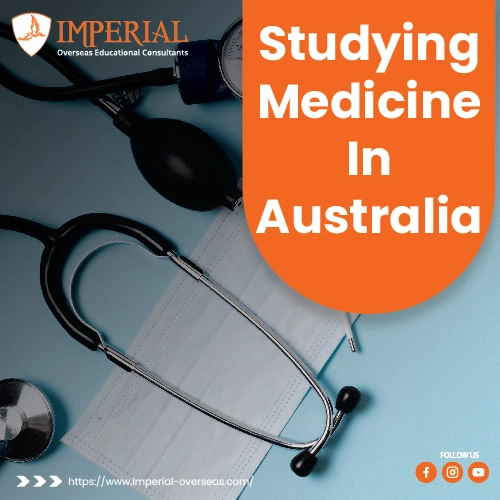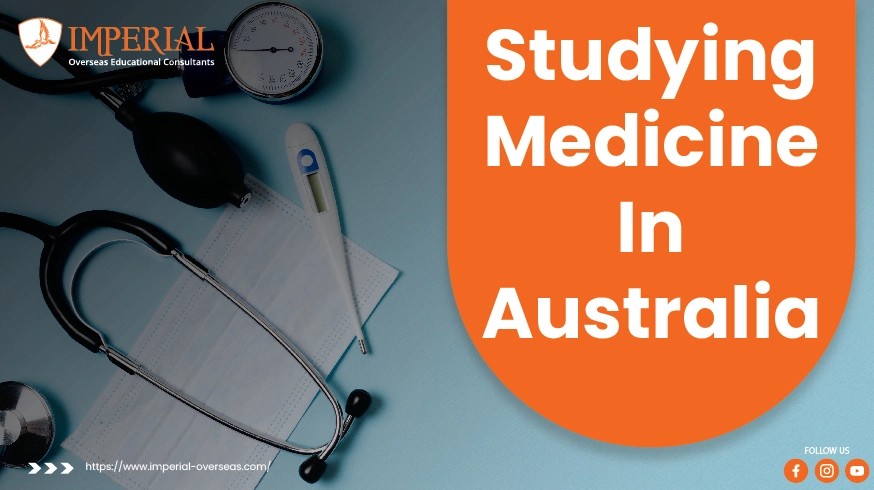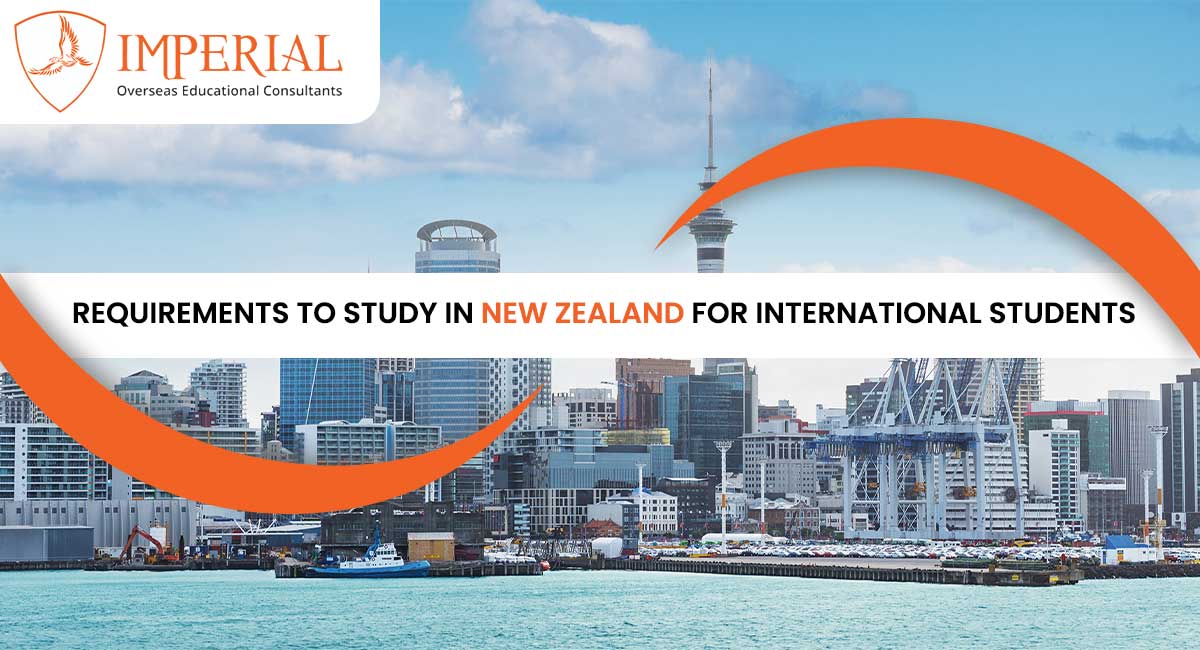
Studying Medicine In Australia

Studying Medicine In Australia
Studying medicine in Australia is a highly rewarding yet demanding endeavor. The country’s educational system, renowned for its quality, boasts world-class universities and a vibrant cultural milieu. This comprehensive guide will offer valuable insights on commencing your medical education in Australia, encompassing the initiation, application procedures, and anticipations during your academic tenure.
Why Study Medicine in Australia?
The appeal of Australia as a prime destination for medical education is multifaceted—
High-Quality Education
Australian universities consistently secure top global rankings, with their medical programs upholding rigorous standards and delivering excellent training.
Diverse Culture
Australia’s multicultural environment fosters a welcoming atmosphere. Studying here enables interaction with individuals from diverse backgrounds, enriching the overall educational experience.
World-Class Facilities
Medical schools in Australia are equipped with state-of-the-art facilities and cutting-edge technology, affording students hands-on experience from the outset.
Global Recognition
A medical degree from an Australian institution enjoys global recognition, facilitating further studies or medical practice across international borders.
Research Opportunities
Australia leads in medical research, offering students the prospect of participating in pioneering research initiatives.
Eligibility to Pursue Medicine in Australia
Here is what you need to satisfy–
- Strong academic background in science subjects, including biology and chemistry.
- Recognized bachelor’s degree or equivalent.
- Competitive scores on standardized tests like the Medical College Admission Test (MCAT).
- Proficiency in English is demonstrated through tests like IELTS or TOEFL for international students.
- Fulfillment of specific university admission requirements.
- Financial strength to cover tuition fees and living expenses.
- Meeting health and character requirements for a student visa.
- Successful application through the relevant university admission system, such as UAC or ATAR.
- Fulfillment of any additional university-specific prerequisites or interviews.
- Visa approval for international students.
The Process to Follow
Before embarking on your medical studies in Australia follow the steps—
- Prerequisites: Ensure compliance with entry requirements, typically comprising a robust academic foundation in science subjects and a competitive score on standardized tests such as the Medical College Admission Test (MCAT).
- University Selection: Thoroughly research Australian universities offering medical programs, as each institution may proffer unique curricula, faculty, and facilities. Align your preferences and aspirations with your choice.
- Visa Requirements: International students must secure an appropriate student visa for Australia. Familiarize yourself with the visa application process and prerequisites.
The Application Process
Having chosen a university and meeting the prerequisites, proceed with the application process—
- Submission of Application: Most Australian universities employ either the Universities Admissions Centre (UAC) or the Australian Tertiary Admission Rank (ATAR) system for undergraduate medical admissions. Comply with their specific guidelines when submitting your application.
- Interviews and Assessments: Some medical schools may mandate interviews or supplementary assessments in their selection procedure. Adequate preparation for these components is crucial, as they significantly influence acceptance.
- English Language Proficiency: If English is not your mother tongue, you will likely be asked to demonstrate your ability by taking tests like the TOEFL or IELTS.
- Student Visa: Make certain you have all the required paperwork in place to obtain student visa.
Budgeting
The annual budget for studying medicine in Australia is between $60,000 and $80,000 AUD. This comprises of the tuition, living expenses, health insurance, resources, and other incidentals. Remember that costs might change depending on the city and lifestyle choices, so smart money management is essential.
What to Expect During Your Studies
The journey of studying medicine in Australia combines challenge and fulfillment. Here is what you can anticipate during your academic pursuit—
- Rigorous Curriculum: The medical curriculum in Australia is intensive and science-focused, encompassing subjects such as anatomy, physiology, pharmacology, and clinical skills.
- Clinical Experience: Australian medical programs prioritize early exposure to clinical practice. You will have opportunities to work in hospitals and clinics, honing practical skills under supervision.
- Teamwork and Communication: Effective teamwork and communication are paramount in the medical field. Collaborative projects and simulations are instrumental in nurturing these skills.
- Research Opportunities: Many medical schools actively promote research involvement, enabling the exploration of your interests and contributions to medical advancements.
- Internship and Residency: Post-graduation, you will undertake an internship and residency program to attain full licensure as a medical practitioner in Australia. These programs provide hands-on training across various specialties.
Wrapping Up
Pursuing higher education abraod in Australia offers a pathway to a gratifying and esteemed career in healthcare. With its esteemed education system, diverse environment, and strong emphasis on practical experience, Australia presents an optimal setting for aspiring medical professionals.
At Imperial Overseas, we’re your trusted partner in your study abroad journey. We provide expert study-abroad counseling, from choosing the right course and university to visa assistance. Let us make your dreams of international education a reality!



